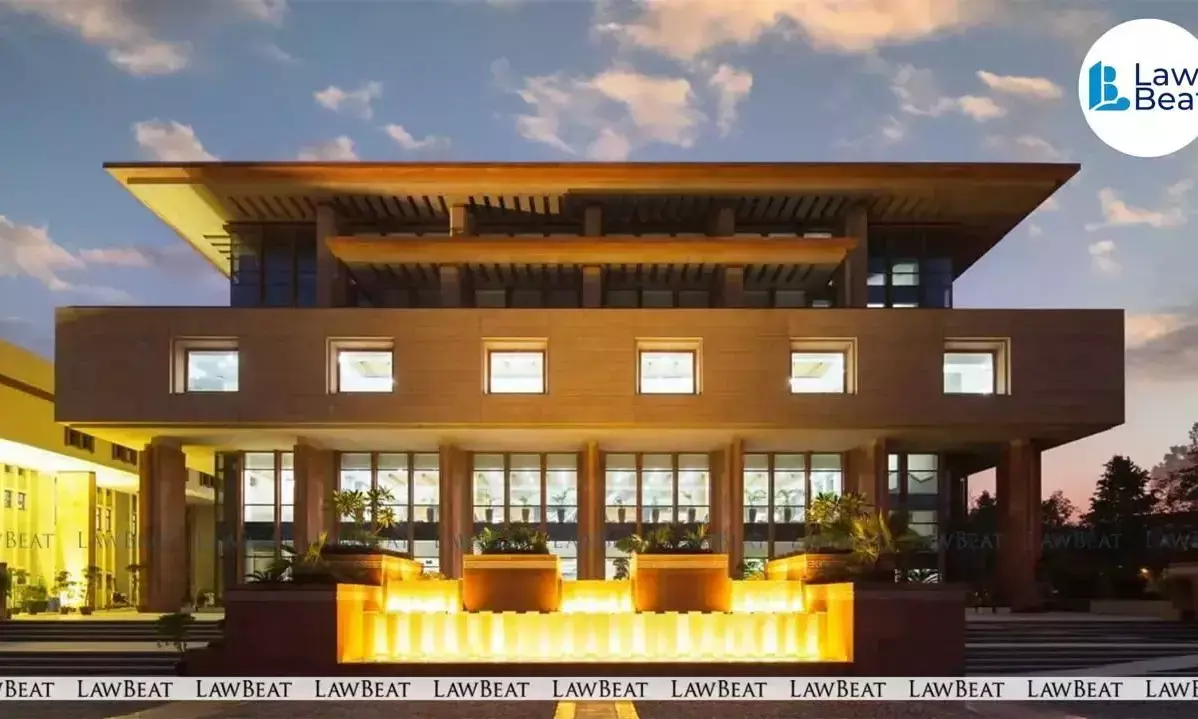Delhi HC Seeks Reply in Plea Challenging Police's Powers to Takedown Online Content

The Delhi High Court has issued notice in a plea questioning the constitutional validity of a recent notification by Lieutenant Governor (LG) Vinai Kumar Saxena, which authorises the Delhi Police to direct the removal of online content from social media platforms.
A division bench of Chief Justice DK Upadhyaya and Justice Tushar Rao Gedela took cognisance of the plea filed by the Software Freedom Law Centre (SFLC), and directed the LG’s Office and the Ministry of Electronics and Information Technology (MeitY) to file their replies within six weeks.
The challenged notification designates the Delhi Police as the Nodal Agency under the Information Technology (Intermediary Guidelines and Digital Media Ethics Code) Rules, 2021. SFLC has argued that this move effectively permits the police to unilaterally issue takedown orders without any judicial or independent oversight, raising concerns about arbitrary censorship and potential infringements on the right to free speech.
According to the petition, neither the IT Rules, 2021, nor Section 79(3)(b) of the Information Technology Act, 2000, provides any legal basis for the establishment of a Nodal Agency or Nodal Officer as described in the LG’s notification. It further asserts that Section 79 only sets out safe harbour provisions for intermediaries and outlines their responsibilities regarding due diligence, but does not empower the executive to create new regulatory structures for content control.
The plea emphasises that the authority to block or restrict access to online information is solely governed by Section 69A of the IT Act and the Information Technology (Procedure and Safeguards for Blocking for Access of Information by Public) Rules, 2009, commonly referred to as the Blocking Rules, 2009. Under this framework, the Central Government has already appointed a designated officer for issuing blocking directions.
“The IT Act does not contemplate any parallel mechanism, particularly at the state executive’s behest,” the petition notes, challenging the legitimacy of a state-level notification establishing such a framework.
The matter is expected to be taken up after the Centre and the LG’s office file their responses.
Case Title: Software Freedom Law Centre v State
